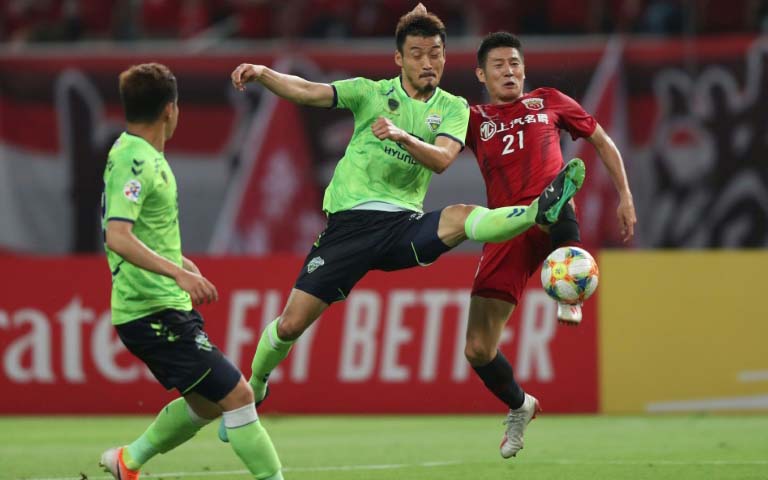Sports
South Korea set to resume football season without goal celebration or talking

South Korea’s football season is set to resume on Friday after a two-month breakdue to the coronavirus pandemic.
Goal celebrations, handshakes and even talking are out under stringent new safety guidelines designed to prevent any contagion during games, which will be played behind closed doors.
While countries such as Belarus, Turkmenistan and Taiwan defied the virus to keep playing football, South Korea — the 2002 World Cup co-hosts and semi-finalists — are the first prominent nation in the sport to allow matches.
South Korea endured one of the worst early outbreaks of COVID-19 outside China, prompting professional sports to suspend or delay their seasons, a pattern that was repeated worldwide.
But the country appears to have flattened the curve thanks to an extensive “trace, test and treat” programme, and football’s return comes after baseball started without fans on Tuesday.
The K-League is Asia’s first major competition to return to action, while Europe’s giants remain sidelined with only Germany’s Bundesliga so far making concrete plans to resume.
Friday’s opening game will be between defending champions Jeonbuk Motors — who are managed by Jose Mourinho’s former assistant Jose Morais — and Cup-holders Suwon Bluewings.
Jeonbuk have been the dominant team for the past decade, winning five of the last six league titles, and are again one of the favourites.
Another top contender among the K-League’s 12 teams are Ulsan, who have finished in the top four in each of the past four years.
But it will be football with a difference from Friday, with strict health checks and hygiene measures enforced on the field.
Players and coaching staff are subject to temperature checks ahead of each game and if anyone gets infected during the season, the affected team and those who played against them will have to take a two-week break.
Instead of the traditional pre-game handshakes, players have been asked to bow their heads from a distance, while also avoiding celebrating goals with teammates — and talking.